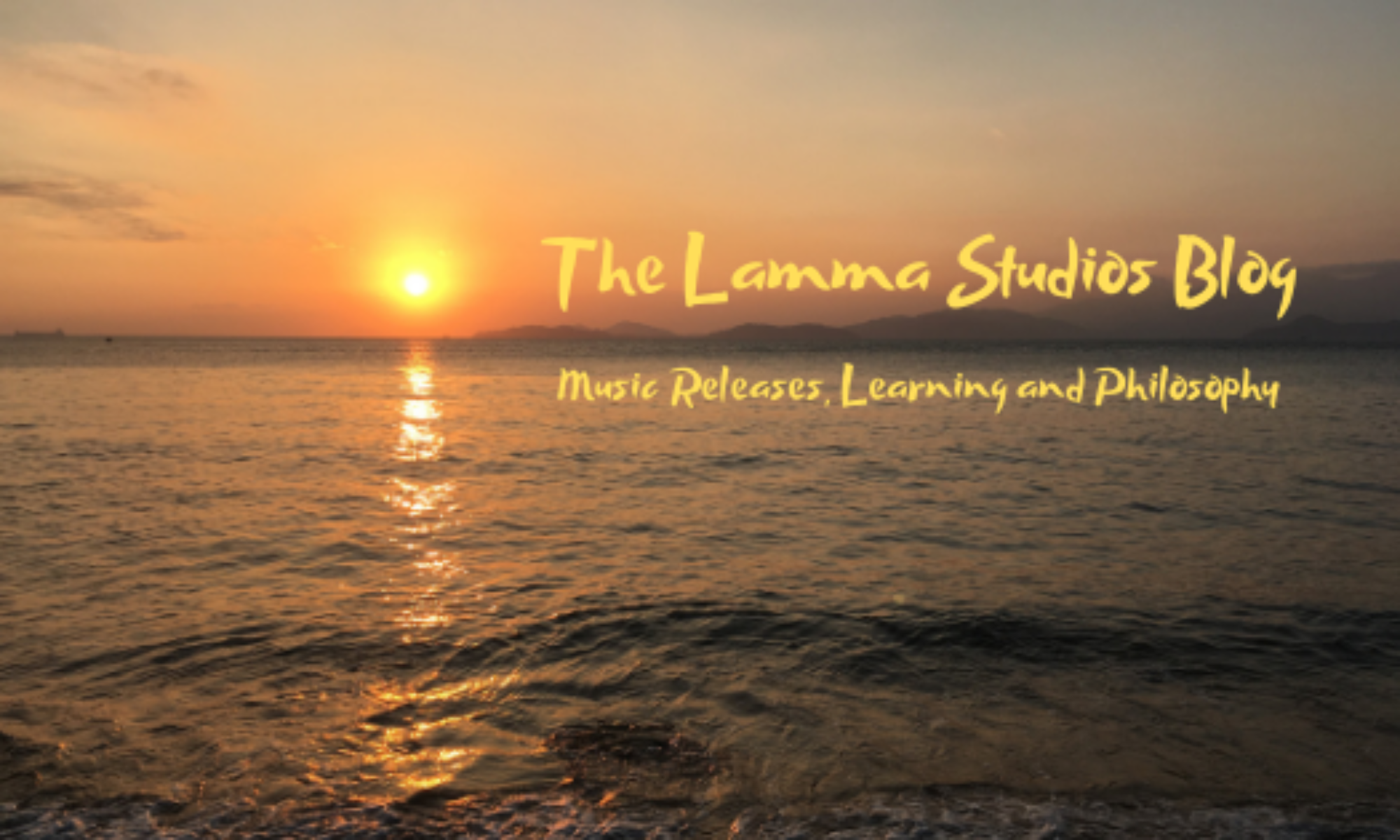What follows is an article by Lamma Studios’ Director Joshua MacCluer from January 2014.
Sound is the single most important quality of any singer or instrumentalist. It is the first thing people hear when a musician plays, and it is the most identifiable quality of any great musician. Opera aficionados know the huge animal tenor sound of Pavarotti’s after the first Figaro, trumpet players know Wynton’s Marsalis’ smoky Monette after one half-valve, soul fans know Aretha Franklin’s heart-on-her-sleeve church voice after one “Think”, and jazz fans know it’s Thelonious Monk on the piano after the first clunky chord.
A musician’s sound is their voice, their identity. This means you. Who you are as an artist starts and ends with your sound. If your sound is truly great, people will listen to you, pay for tickets to see you, buy your records and talk about your performances long after you are dead. If your sound is not good, it doesn’t matter if you have good rhythm, great pitch, or flawless phrasing. The sound must be good before people move on mentally to listening to anything else you are doing.
This is why when I practice I am always putting the sound first. When learning a new piece of music the first step in my process it to take out the rhythm, dynamics, phrasing, etc, and play note by note, focusing on sound only. I play every note by itself in isolation. and make sure every note has a great sound. If not, I stop, focus on that note, and play it over and over until I am happy with the sound. Then I play it 10 more times in a row with that same good sound before moving to the next note.
Sound is the best teacher. This is very helpful for us. The sound tells us if we are playing the right way. If the sound is good, you are doing it right. Anytime the sound is not good on a note, that is the warning that something is going wrong technically. It’s the canary in the coal mine. If I play a passage and a note has a bad sound somewhere, that means that soon thereafter I risk missing a note. Often the mistake is not the missed note, but a note leading up to it. Something gets out of balance, and later causes the missed note. The note without your best sound, that’s the first mistake. Always fix the first mistake and then maybe there won’t be a second mistake.
So take care of your sound. Every day strive to improve it a little bit. Get your ear in front and really listen to your sound. Be critical. What do you like? What do you want to improve? What kind of sound do you truly want? Get that sound in your head, by listening to other artists, singing, visualizing, and repeating the process every day. Find your sound every day and nurture it. Your sound will teach you how to play your instrument or sing correctly without you having to focus on the technique itself. Just focus with all your energy on the sound you want to have.
I would like to cite a couple artists who have heavily influenced me on the importance of sound. They were the late and great Chicago guru Arnold Jacobs, my primary teacher William Lucas of the Detroit Symphony, and Stephen Burns who last year made the light bulb go off for me on this truth when he coached me, “Let the sound be your teacher.” That’s the best advice any musician can keep ready every day for whatever challenge comes. I would also like to thank the thousands and thousands of musicians I have listened to in my life in all genres, all with their own unique sound. Every great sound I hear I try to carry a little piece of that with me when I play.
I would like to share a video I made of the beautiful Vocalise-Étude by Gabriel Faure. I don’t know why this is not more well known of a piece as it’s an absolutely lovely little work, and also a great way to work on sound. I am joined here by John Shum on piano and also thanks to Marie Bouveron for making such a classy video.

